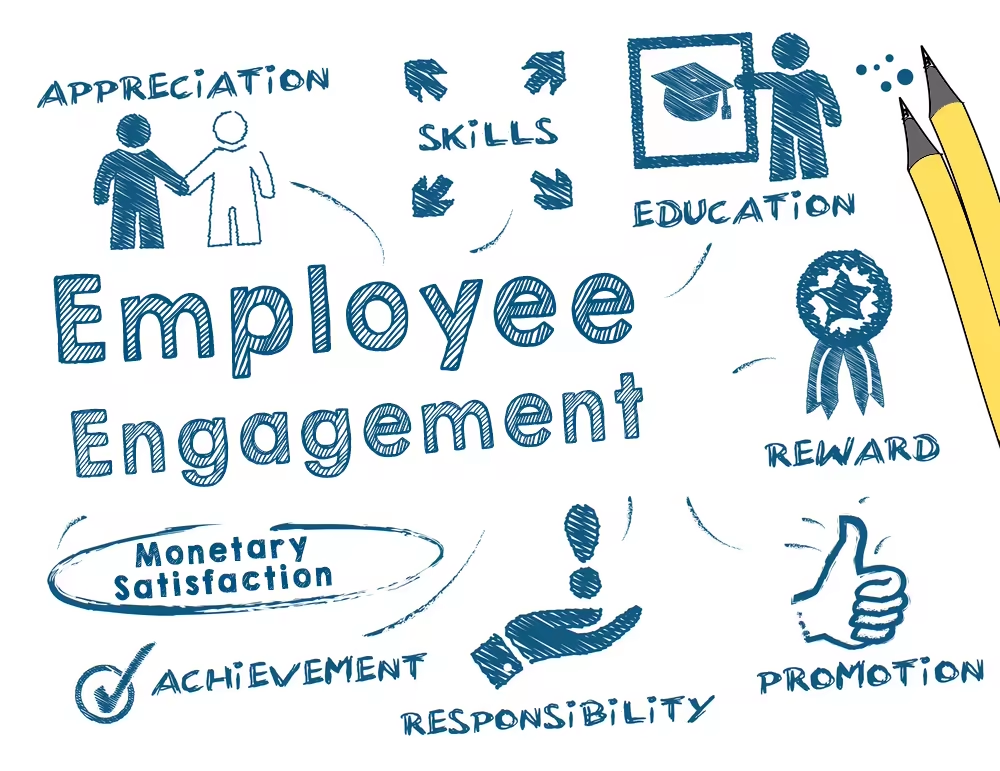Cloud storage has become a welcome tool in the healthcare sector. Digital records are the norm now and storage for that amount of data can be easily accomplished through cloud services.
This article shows you how medical records stored in the cloud not only modernizes healthcare but makes your data even more secure. The security of medical information is a critical concern now when data breaches are more and more common.
1. Advanced Encryption Methods
The cloud services used by healthcare companies use advanced encryption methods. Encryption transforms your data using algorithms into indecipherable gibberish unless you hold the decryption keys.
There are two main types of data encryption, in-transit and at rest. These are self-explanatory but in-transit encryptions cover data that is being sent to and from your cloud application servers and at rest encrypt the data that is stored on the cloud networks.
These networks are a critical part of maintaining the confidentiality and integrity of patient information on the cloud.
2. Multi-factor Authentication and Role-Based Access
The healthcare cloud systems use multi-factor authentication for an added layer of security. This requires multiple forms of identification in order to access the system.
Role-based access control is another added layer of security that makes sure that only authorized personnel can access specific data per HIPAA regulations.
This means that your doctor's office can’t access cloud medical billing software and the billing department can’t access your patient files. This way medical offices can offer secure and efficient bill processing through cloud computing without putting your information at risk.
3. Regular Compliance Updates and Audits
Cloud providers that work in the healthcare industry are under strict regulations like those instituted by HIPAA. These providers enter into business associate agreements which define how the software can be used and what disclosures are permitted and when.
Regular compliance and updates are part of these regulations. Often third-party security audits are required to make sure the service providers are maintaining their end of maintaining data security and again on the business end as well.
Audits help identify and then offer fixes for potential vulnerabilities. These audits and subsequent updates ensure that cloud storage providers stay compliant with the healthcare regulations and standards as they evolve.
4. Disaster Recovery and Data Redundancy
Disaster can happen to anyone and any business. Patient files and history are important and to lose all that information is devastating. Cloud-based storage provides a way to avoid this fear. Recovery solutions in the cloud can include backups to secondary data centers or portions of the cloud.
In the event of a natural disaster or cyberattack, the information is safeguarded by being located in multiple, secure locations. No single point of failure will result in data-loss. By maintaining cloud backups not only do they save money on on-premises storage, the data is more secure.
5. Real-time Monitoring and Threat Detection
Most cloud services provide continuous monitoring and threat detection. Advanced technology is used to scan, analyze, and respond to any potential threats in real-time.
This continuous protection monitoring tracks all activity on the network, watches user behavior, and system changes. It then alerts the administrators to any unusual patterns that emerge or anything suspicious so action can be taken immediately.
Quick action means that your information is protected from data breaches and other security threats.
Conclusion
Cloud computing plays a pivotal role in securing your medical information. Because of aspects like advanced encryption, secure systems, and regulatory compliance you can rest assured that your medical information is safer on the cloud than in a folder in an office.
Cloud technology offers security that continuously evolves ensuring that your data is protected even as the digital world changes around us.



